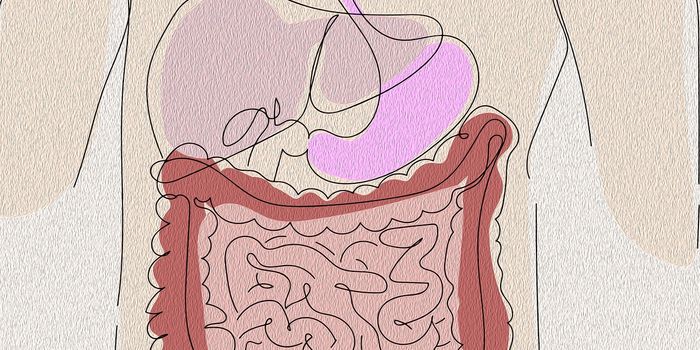Using Electric Fields to Treat Brain Cancer
One of the great things about research is its creativity, which can lead to interesting experiments, odd but impactful insights, and out-of-the-box thinking. TTfields (tumor treating fields) are a perfect example of a unique cancer treatment that has resulted from this type of creativity.
TTfields relies on low-intensity electric fields to prevent cancer cells from dividing. The fields disrupt essential cell cycle machinery, leading the cell to be targeted for removal by the body. TTfields has proven itself effective for brain cancer and is currently in clinical trials for its use with other cancers.
A team from the Korea Institute of Radiological and Medical Sciences in South Korea wanted to test this technology on glioblastoma cells. Glioblastomas are a type of brain cancer with a penchant to have a mutation in the TP53 gene. This mutation makes cancer cells resistant to chemotherapy and challenging to treat. Their new study sought to identify if TTfields impaired the growth of glioblastoma cells with and without TP53.
They began with a general characterization of expression profiles of four glioblastoma cell lines, half with a TP53 mutation and half without, after application of a TTfield. The profiles showed that TTfield produced the most change in pathways involved in cellular growth, cell death, and neurogenesis (the development of brain cells regardless of TP53 mutation. One interesting observation was that TTfields induced a positive immune response, which might improve a chemotherapy’s effectiveness.
The importance of the TP53 mutation in TTfield treatment has come under scrutiny. There is evidence for a TP53 dependent response, but no one has sufficiently confirmed it. This study suggests that TTfields affect glioblastomas in a TP53 independent way. They did not find any significant data suggesting an independent pathway, although they acknowledge one may exist as other studies present convincing data.
TTfields are already available for brain cancer patients, and clinical trials are in the works for its use in other cancers as well. With any luck, TTFields will present a great secondary treatment that will improve the prognosis of cancer patients, with or without the TP53 mutation.
The team ends their study, “These results provide insight for the development of combinatorial treatments or clinical approaches to maximise effective cancer treatment by identifying genes differentially expressed following TTFields in diverse cellular responses.”
Sources: Nature Scientific Reports, John Hopkins Medicine, TargetedOncology









